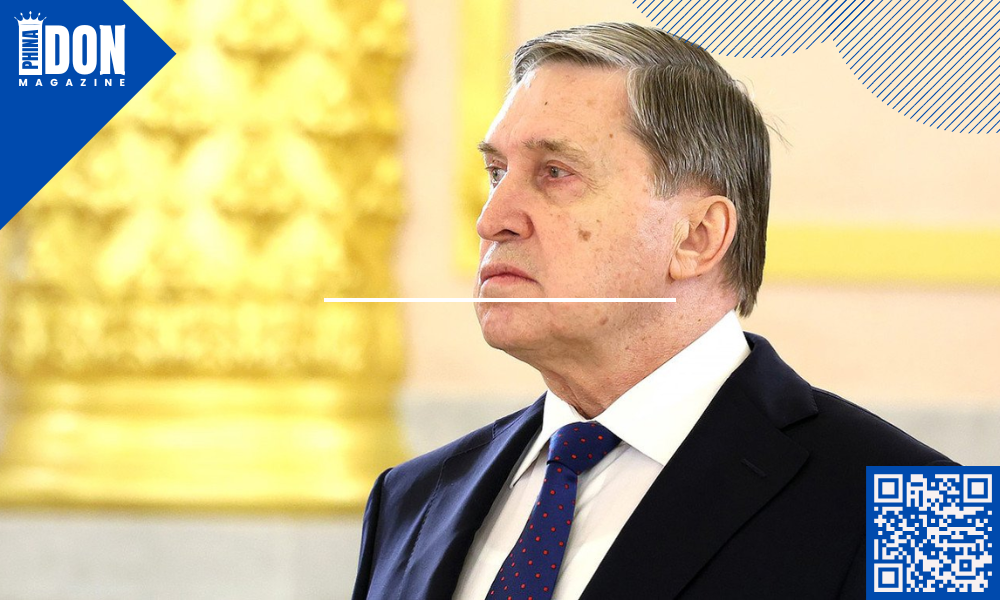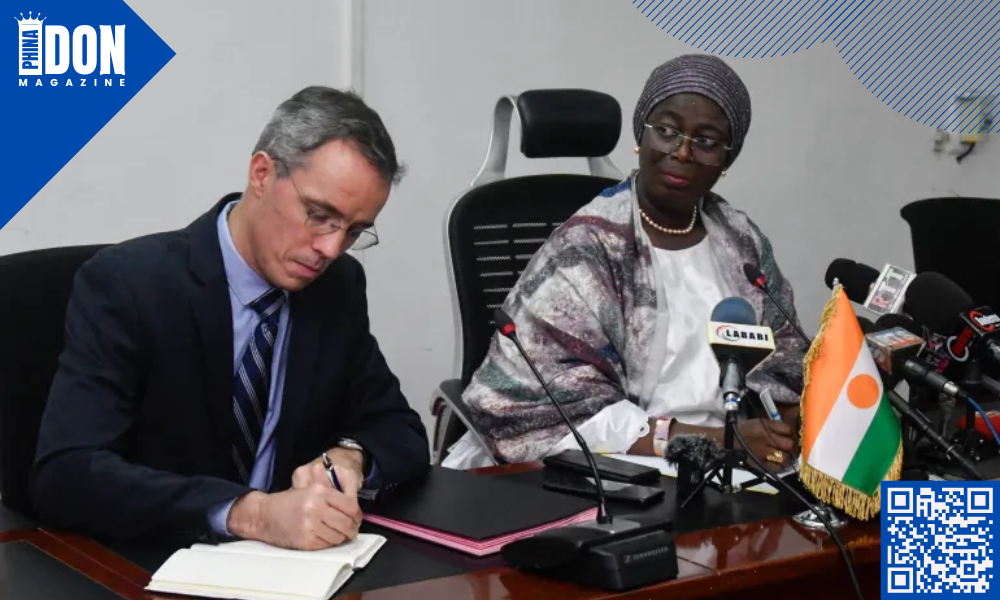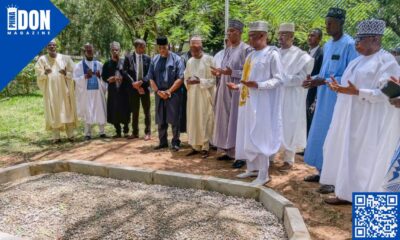Foreign
Current Status of Ukraine Peace Talks: Insights from Yuri Ushakov.

On Monday, Yuri Ushakov, a foreign policy adviser to President Vladimir Putin, addressed the ongoing complexities surrounding peace negotiations regarding Ukraine. Ushakov indicated that Moscow and Washington remain at an impasse concerning the initiation of discussions, primarily due to the absence of a designated chief negotiator on the American side.
This development precedes a significant meeting scheduled for Tuesday in Saudi Arabia, where Ushakov, along with Foreign Minister Sergei Lavrov, will engage with U.S. officials, including Secretary of State Marco Rubio. This dialogue follows a recent phone call between Presidents Putin and Trump, during which both leaders signaled their intention to commence negotiations aimed at resolving the conflict in Ukraine.
The discussions are anticipated to focus on the restoration of bilateral relations and the frameworks for potential negotiations on Ukraine. Ushakov emphasized the necessity for the U.S. to appoint a negotiator to facilitate these talks effectively. Furthermore, he indicated that Kirill Dmitriev, the head of Russia’s sovereign wealth fund, may join the delegation to address any economic matters that arise during the discussions.
As the international community observes these developments, the outcomes of these talks could have significant implications for the future of U.S.-Russia relations and the ongoing conflict in Ukraine.
Foreign
UK Deploys Military Assets to Middle East Amidst Escalating Iran-Israel Conflict.

In response to the escalating conflict between Iran and Israel, the United Kingdom is deploying fighter jets and other military assets to the Middle East. Prime Minister Keir Starmer announced the deployment, stating it is for “contingency support.”
The Prime Minister has engaged in discussions with both US President Donald Trump and Israeli Prime Minister Benjamin Netanyahu, emphasizing the need for de-escalation. Foreign Secretary David Lammy has also communicated with Iranian officials, urging restraint and emphasizing the importance of protecting civilians.
The UK’s actions reflect a commitment to regional stability and a concerted effort to prevent further escalation of the conflict. Ongoing discussions with allies aim to de-escalate the situation and promote a peaceful resolution.
Foreign
A person who attacked and killed a Nigerian schoolboy with a sword in the UK has been sentenced to life in prison.

Marcus Monzo, a 37-year-old of Spanish-Brazilian descent, has been sentenced to life imprisonment with a minimum term of 40 years for the murder of 14-year-old Daniel Anjorin in Hainault, northeast London. The sentencing follows Monzo’s conviction for the unprovoked and brutal attack on Daniel, as well as attacks on other members of the public and police officers, in April of last year.
The court heard how Monzo, under the influence of cannabis-induced psychosis, initiated a violent rampage, culminating in the near-decapitation of Daniel Anjorin as the young boy walked to school. Judge Joel Bennathan strongly condemned Monzo’s actions, acknowledging the profound grief inflicted upon Daniel’s family.
Judge Bennathan also commended the bravery of the police officers involved, highlighting their courage in confronting and disarming Monzo, thereby protecting the public. Monzo’s sentence reflects the severity of his crimes and the devastating impact on the victims and the community.
Foreign
Niger to Nationalize Uranium Mine Amidst Shifting Alliances.

Niger has announced plans to nationalize the Somair uranium mine, currently operated by French nuclear firm Orano. This decision marks a further departure from France, Niger’s former colonial power, and a potential realignment with Russia. The military government, in power since a 2023 coup, accuses Orano of unfairly benefiting from the mine’s output since its launch in 1971. Orano, which holds a 63% stake in Somair, disputes the allegations and has threatened legal action, citing a “systematic policy of stripping mining assets.” This move follows Niger’s earlier removal of Orano’s operational control over key mines in the country. The nationalization reflects a broader trend in West Africa, with Mali and Burkina Faso also pursuing similar policies under military rule. The situation is further complicated by existing arbitration processes between Orano and Niger, including a recent lawsuit filed by Orano.











